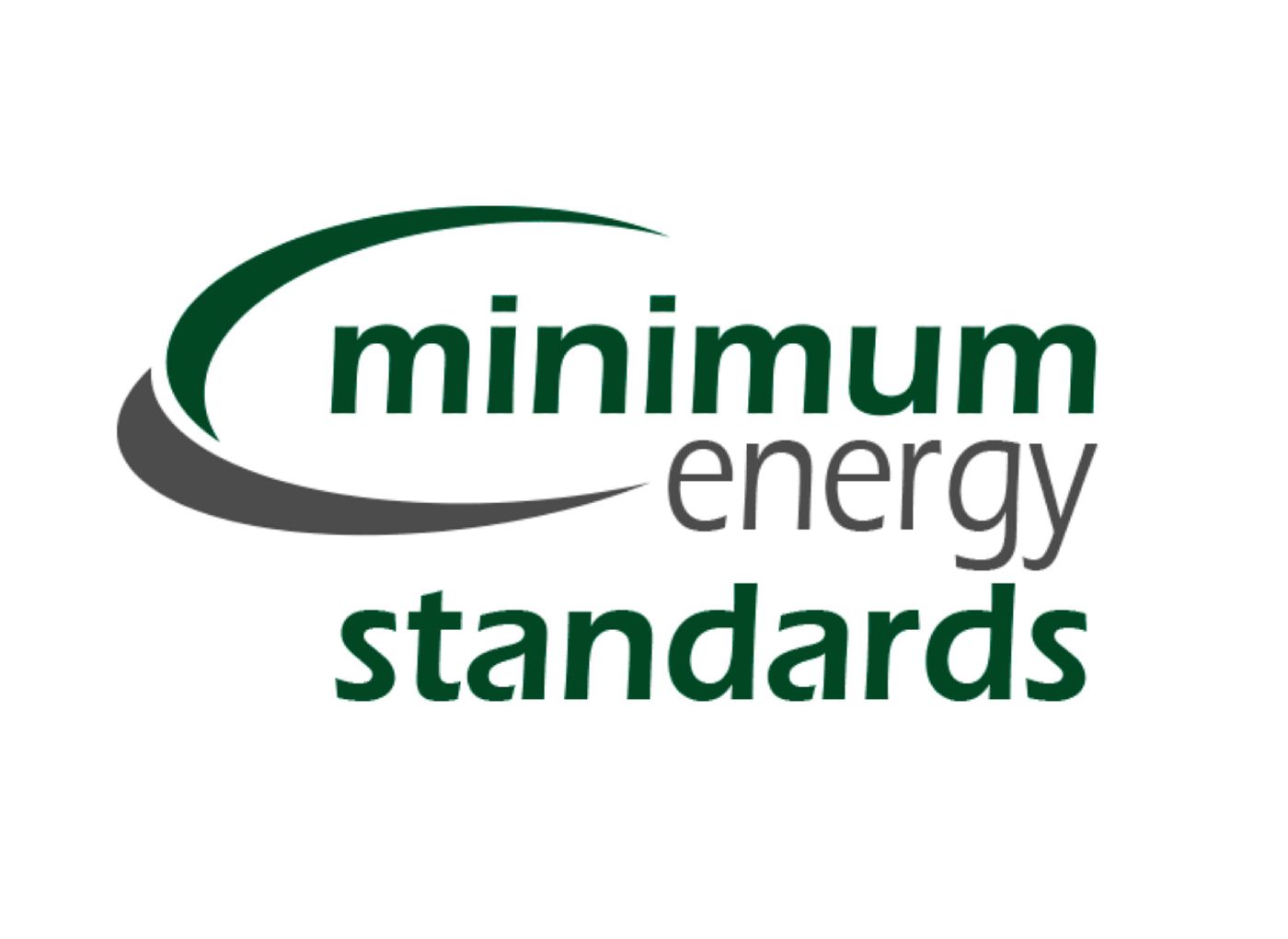From the 1st April 2020, The Energy Efficiency Regulations 2015, affecting private rented property in England and Wales, has brought into force Minimum Energy Efficiency Standards (MEES) in the residential and commercial private rented sector.
Properties which have Energy Performance Certificates (EPCs) lodged against them will have an energy rating somewhere between the ratings of A to G, where A is super efficient, D is average efficiency and F & G are poorly efficient. From the 1st April 2020 all tenancies, not just new ones, have to have a valid EPC attached to them that is E rated or above. If the property is F or G rated, a landlord is required to contribute towards the cost of energy efficiency measures if he wants to continue to let the property. Receipts to show that up to £3,500 (inclusive of VAT) must therefore be retained and submitted to prove that this amount has been spent on energy effieciency measures in an effort to reach a rating of E or above. If this rating still can't be achieved after the Landlords spending contribution, an exemption can be applied for on the grounds of expenditure.
Tenants already have the rights under this law to request energy efficiency improvements to the property that they are renting, but 2018 was the real benchmark when unaware landlords found out that they could not legally rent out a property to new tenants if it has an F or G rating.
The earlier landlords look into the energy rating, the more time they will have to gradually upgrade their properties to ensure their housing stock is up to the required standards, especially in the case of commercial properties where change can take significantly longer to action.
And for those landlords who want to ignore this new law or bury their heads in the sand, you need to be aware that there could be heavy financial penalties of up to £4000 unless you have an applicable exemption.
The key dates below underline when the regulations will be enforced, with the regulation scope expanding over a 5 year period.
Key Dates
1 April 2016
ALL domestic tenants have the right to request energy efficiency improvements to their properties. This applies to domestic properties let under longer term assured and regulated tenancies. Landlords will be unableto refuse consent to a tenants request to make energy efficiency improvements.
1 April 2018
it will be unlawful to grant new leases of residential or commercial property with an EPC rating below an 'E'
1 April 2020
The regulation will expand to apply to ALL residential privately rented property which are required to have an EPC.
1 April 2023
This will be extended to include ALL existing commercial leases.
The government has also declared their wish to raise the standard further such that the minimum standard is likely to rise to a D rating by 2025 and a C rating by 2030.

